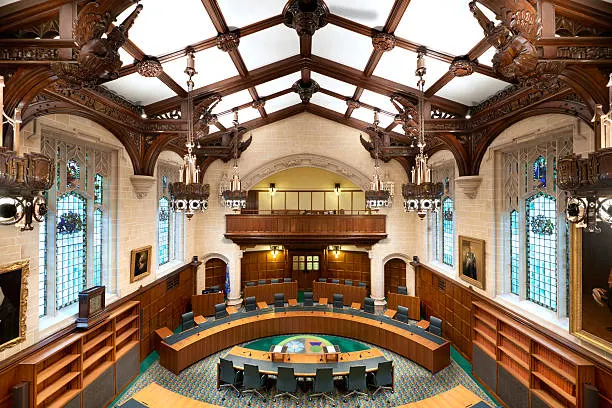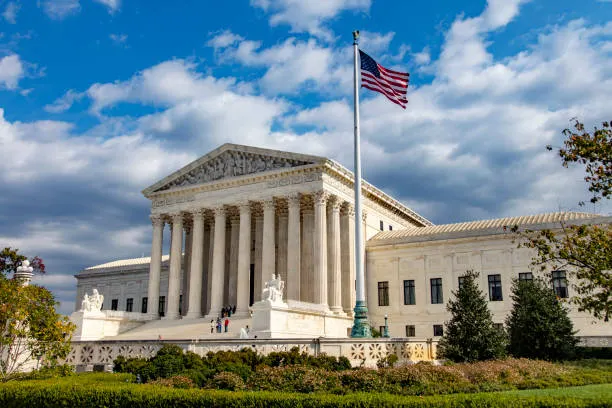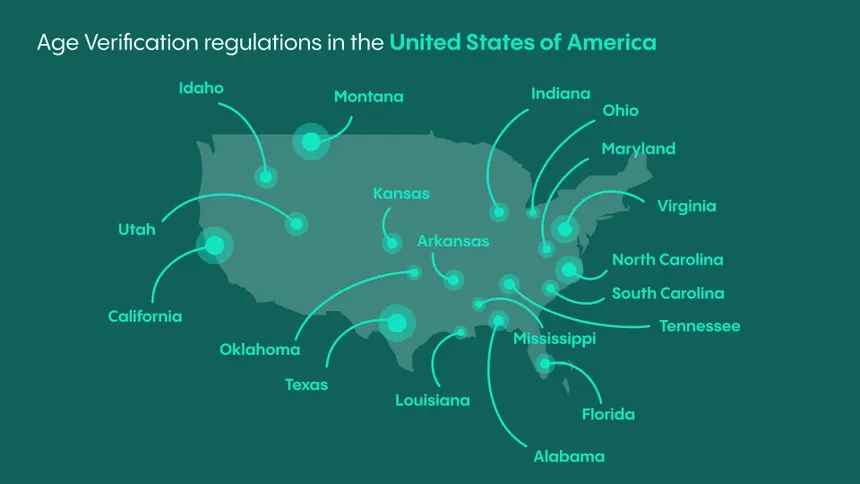The Supreme Court is taking a fresh look at online age verification laws, a move that could bring major changes to how digital content is accessed. As concerns about child safety, privacy, and free speech grow, this review could impact millions of internet users, content creators, and businesses. Here’s everything you need to know about this crucial issue.
Why Is the Supreme Court Reviewing Age Verification Laws?
With children spending more time online than ever, concerns about their exposure to harmful content have skyrocketed. Governments worldwide have attempted to enforce stricter age verification laws to limit access to inappropriate material, including explicit content, violent media, and gambling websites.
However, these laws have faced pushback due to privacy concerns, technological challenges, and questions about their effectiveness. Now, the Supreme Court is stepping in to reassess the situation and determine whether current laws are justified or need revision.

Key Issues in the Age Verification Debate
1. Child Safety vs. Digital Freedom
- Proponents argue that strict age verification laws protect children from inappropriate content.
- Critics warn that such laws could limit access to educational and informative content.
- Some fear that these regulations may set a precedent for increased internet restrictions in the future.
2. Privacy Concerns and Data Security
- Age verification often requires users to submit personal data, such as government-issued IDs or biometric information.
- Privacy advocates warn that such requirements increase the risk of data breaches and identity theft.
- Companies implementing age checks may collect and store data, raising concerns about misuse and surveillance.
3. Technological and Implementation Challenges
- Verifying a user’s age accurately online is a complex challenge.
- Many websites rely on self-reported ages, which can be easily bypassed.
- Implementing stricter verification processes can be costly and difficult for smaller platforms.

How Different Countries Handle Age Verification
United States
- Some states have introduced laws requiring age verification for adult content and social media accounts.
- Tech companies like Google and Meta have faced increasing pressure to implement stricter policies.
United Kingdom
- The UK’s Online Safety Act requires adult sites to verify user ages, but enforcement remains a challenge.
- Concerns about privacy and the effectiveness of these measures persist.
European Union
- The EU’s Digital Services Act mandates platforms to protect minors, but specific age verification rules vary by country.
- Some nations have adopted AI-based verification tools, while others rely on ID checks.
Potential Outcomes of the Supreme Court’s Decision
1. Stricter Age Verification Requirements
- The Court could uphold stricter laws, making it mandatory for websites to implement advanced age checks.
- This might require users to provide official identification before accessing certain content.
2. Loosening of Age Verification Laws
- If the Court rules against strict regulations, websites may continue using less invasive age verification methods.
- This could prioritize user privacy but may also lead to less effective content restrictions for minors.
3. A Compromise Approach
- The Court could establish guidelines that balance child safety with privacy concerns.
- New verification methods, such as AI-based age detection or third-party verification, could be recommended.

What This Means for Internet Users
For Parents
- Parents may need to rely on parental control tools and monitoring software to keep children safe.
- Schools and educational institutions may play a bigger role in digital literacy programs.
For Businesses and Content Creators
- Websites hosting sensitive content may have to adapt to stricter regulations.
- Small content creators might face challenges in complying with new age verification standards.
For Everyday Users
- Internet users may need to provide personal information more frequently to access restricted content.
- Increased security measures could improve online safety but may also raise privacy concerns.
What’s Next?
The Supreme Court’s decision could set a precedent for future internet regulations. While the verdict is still pending, tech companies, lawmakers, and advocacy groups are closely watching the developments. Whether the ruling favors stricter controls or relaxed policies, it will undoubtedly shape the digital landscape for years to come.
Final Thoughts
Balancing child protection, privacy, and digital freedom is no easy task. The Supreme Court’s review of age verification laws is a crucial moment in the ongoing debate over internet safety and personal rights. As the case unfolds, internet users must stay informed about potential changes and how they might impact their online experience.
Do Follow USA Glory For More Updates.






